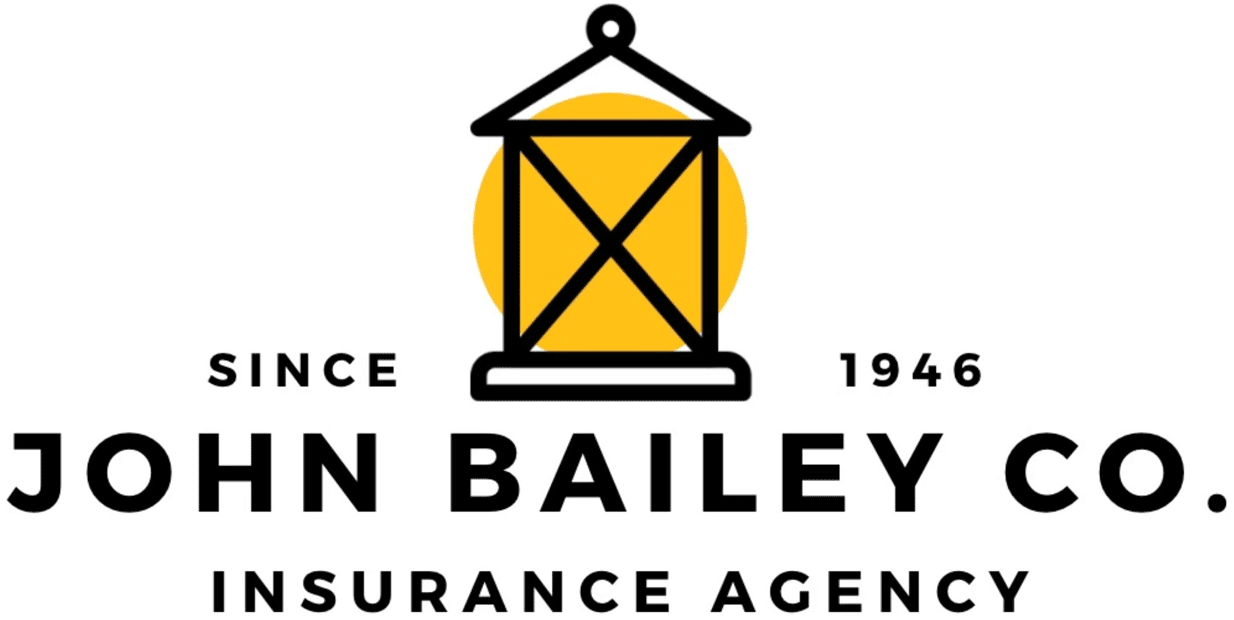Are you familiar with the French word “couvrir?” In English, we say “cover.” In the restaurant and bar business, the entire staff, owner and/or manager to bus person, understands the phrase “cover” to indicate an “individual diner or the entire meal served to an individual diner.” At any given point in a restaurant or bar shift the number of covers is being tallied. In turn, this number is tracked month over month and year over year. The average number of customers served annually is one statistic that is used to determine your business insurance rates. But what about Workers Compensation Insurance – does yours meet the bar?
Workers’ Compensation Insurance defined
The International Risk Management Institute, Inc.(IRMI) defines Workers Compensation Insurance as “the system by which no-fault statutory benefits prescribed in state law are provided by an employer to an employee (or the employee’s family) due to a job-related injury (including death) resulting from an accident or occupational disease.” Additionally, the U.S. Department of Labor offers the following key features of Workers’ Compensation (AKA workers’ comp):
- The accident insurance premiums are paid by employers
- No payroll deductions are taken from employee’s paychecks
- Employee benefits are paid by a state-run fund or a private insurance company
The National Safety Council reports the costliest workers’ comp claims in 2016 and 2017 resulted from motor vehicle crashes, followed by burns and slips or falls. Now consider your restaurant and/or bar business. Kitchens, bars, and dining rooms get busy. Bartenders, chefs, servers and caterers managing a food truck can be hurt by cuts, burns, slips, falls and motor vehicle accidents.
A perspective on the history of Workers Compensation Insurance
While it is easy to comprehend that Workers’ Compensation Insurance is designed to protect injured workers, as well as employers, it is important to understand that it offers financial protection for the business which in turn protects all employees. Also, the legal ramifications for not following the laws as prescribed in each state present financial risks including penalties and possible prison time.
But how did Workers Compensation Insurance come into being? Many history buffs might offer that Upton Sinclair’s 1906 novel The Jungle was the precursor for today’s workers’ comp; however, while it didn’t bring about workplace reforms it did trigger the Meat Inspection Act of 1906 and the Food and Drug Act of 1906.
In 1908 the U.S. Congress passed the Employers’ Liability Act (FELA) and it was found to be constitutional and served to protect railroad workers. According to Wikipedia: “Workers compensation statutes which emerged in the early 1900s were struck down as unconstitutional until 1911 when Wisconsin passed a law that was not struck down; by 1920, 42 states had passed workers compensation laws.” And by 1949, every state enacted and provided a program for workers’ compensation. In 1959 the United States welcomed the last two states, Alaska and Hawaii.
Workers Compensation Insurance 2020
As the New Year gets underway, our John Bailey Company team would like to invite our current and future business clients to take this opportunity to review their Workers Compensation Insurance coverage. Do an audit and keep in mind, the cost of this obligation can be influenced by the average cost of injuries in your class of business, the severity and frequency of recent employee injuries in your business, as well as the track record of your insurance company.
As we mentioned, each state has different laws regarding workers compensation laws, and it is important to stay informed. Recently, our Tennessee Department of Commerce & Insurance announced Tennessee Approves 7% Decrease for Workers’ Comp Rates. This reduction will be effective March 2, 2020.
Today we featured Workers’ Compensation Insurance focusing on restaurants and bars, but remember the right commercial insurance policy can protect your business (any business) from theft, property damage, liability, and employee injury – so what are you waiting for? Let our expert staff educate you on the different types of commercial insurance and help customize a policy to meet your budget and protect your thriving business. Contact us and let us help you insure a great life.

